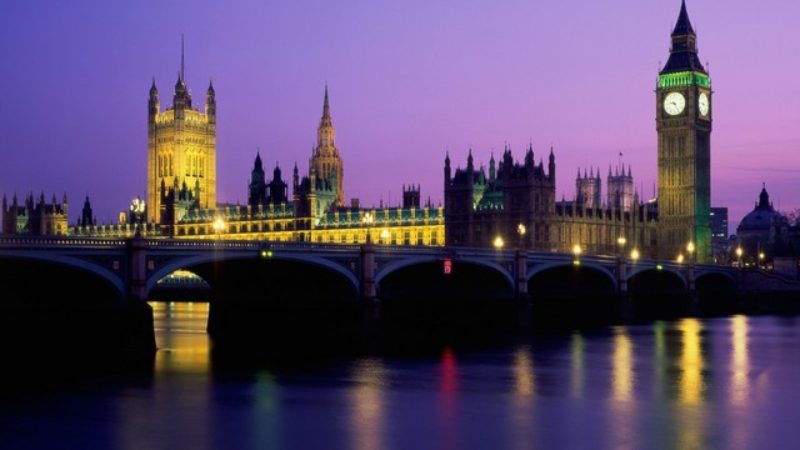

So the not-so-great repeal bill got through the Commons with a majority of 36. It is disappointing that there were a few Labour rebels but in truth, as an editorial in the Evening Standard (editor: George Osborne) surprisingly recognised, the party is united behind the need to ensure there is the least possible damaging Brexit.
Osborne wrote, before the vote, that the small number of rebels showed that the battle within the Labour party was over. The implication was that, by contrast, the Tory war is only just beginning. The Standard article is significant because Osborne clearly published it as a signal to his former Tory colleagues. The message was that since Labour is now a powerful opposition force which will coalesce around a soft Brexit, Tory Remainers should use the opportunity to push for changes to the Bill which will ensure that outcome.
Labour must work hard to win a few key votes on amendments. Most crucially, MPs must have the opportunity to vote on the final deal – if there is one. In order to ensure that amendments can be won, the strong Tory remainers have to be won over. This will not be achieved by public rebukes or admonishments, as seems to be happening, but rather careful behind the scenes negotiations.
Instead, there needs to be lots of communication and plotting. This is, after all, the most serious issue that has faced the country in decades, and therefore it is worth the effort and the inevitable compromises.
This is a long game. Brexit will be the only significant issue for the whole of this parliamentary session, and probably right up to the next election, which may well be four years away. To some extent, at the moment, it is simply a matter of watching the Government slowly disintegrate. The internal contradictions of Brexit will be exposed and the continued failure of the lightweight David Davis to make headway will cause many of his colleagues to panic. At some stage, Labour will need to harden its stance and beg the question of whether the whole Brexit process is worth the trouble. Now, though, is not the time to do it. We are only at the foothills of a big mountain and every time Davis appears on television to announce progress on the negotiations, or rather the lack of it, the climb appears higher. The Brexiteers’ promises of a better life outside the EU are being exposed daily.
My view is that there are about 25-30 per cent solid Brexiteers, and probably the same number, or a few more, Remainers. The rest, the people in the middle, are watching what is happening and they are likely to become increasingly concerned as the complexities of separation become all too apparent.
The carefully crafted policy put forward by Keir Starmer will pay dividends. Osborne will not be the only Tory to recognise that. Labour is now seen as a government in waiting, thanks to the adoption of a coherent Brexit policy. This gives Labour a real chance of moderating the Tory policy but only if MPs do not try to overplay their hand or go in for yah-boo politics.
This is a remarkable and welcome turnaround. Only a few weeks ago, Labour seemed to be floundering on the Brexit issue, because of trying to appease both the Brexiteers, principally in the north, who had voted for the party and the much larger group of Remainers in the south. However, by setting out a clear policy, the Labour leadership seems not only to have kept nearly all its supporters on side, but actually gone up in the polls. Sure, behind the scenes there are fierce debates and a few unhappy people, but in truth putting forward a clear message is far more important than vain attempts to keep everyone on side.
Rather lost in all this manoeuvring is the fact that this is a disgraceful bill which gives the executive – the prime minister and her cabinet colleagues – unprecedented powers over a swathe of legislation.
The Labour rebels, who mostly were trying to appease their local Brexit supporters, should have thought of the wider consequence of the Bill before walking through the lobby with the cynical Tories whose only aim is to stay in government, even though they are barely in power.




More from LabourList
Letters to the Editor – week ending 15th February 2026
‘Labour council candidates – it’s tough, but all is not lost’
‘Labour won’t stop the far right by changing leaders — only by proving what the left can deliver’